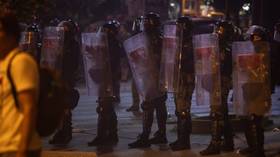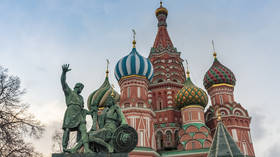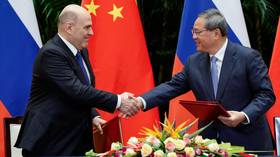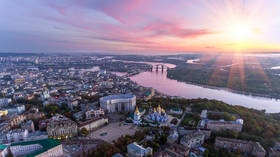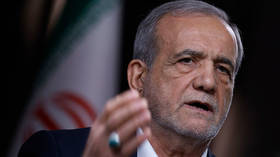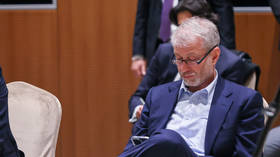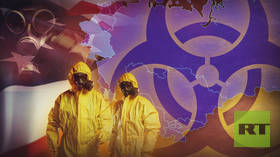Serbia will hold early elections – Vucic
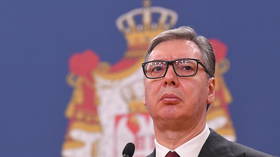
Serbian President Aleksandar Vucic has said he will call early parliamentary elections in light of the ongoing anti-government protests.
The unrest began in November 2024 after a roof collapse at a railway station in Novi Sad killed 16 people. In the wake of the tragedy, activists accusing the government of corruption and demanding snap parliamentary elections and Vucic’s resignation.
Vucic and his supporters claim the protests are externally driven attempts at regime change and are part of a coordinated “color revolution” backed by Western governments through the use of NGOs. He has accused opposition forces of cooperating with Western, Croatian, and Albanian intelligence agencies to topple his government.
Vucic told reporters on Sunday that parliamentary elections “will be held before the end of the term” of the current National Assembly, which expires in December 2027.
“The competent institutions in our country will make decisions in accordance with the Constitution and the law, but, with respect to the demands of the protesters to hold the elections early… they will be held ahead of schedule,” he said, adding that the exact date will be decided later.
In later remarks, Vucic mentioned a “six-month term,” which some Serbian media interpreted as a hint that the snap vote could take place as early as next year.
Vucic’s announcement followed days of renewed demonstrations marking the first anniversary of the Novi Sad tragedy. Supporters and opponents of Vucic’s ruling SNS party clashed in Belgrade on Sunday despite police efforts to separate them. Serbian media reported bottles and firecrackers thrown, with dozens detained.
Under public pressure, the government earlier offered concessions to protesters, including several ministerial resignations and the release of documents related to the Novi Sad collapse.
Russia’s Foreign Intelligence Service (SVR) in September accused the EU of trying to stage a Ukraine-style “Maidan coup” in Serbia by fueling the protests. The agency alleged that EU institutions were “brainwashing” Serbian youth – which constitutes the bulk of protesters – using media as tools of influence.
